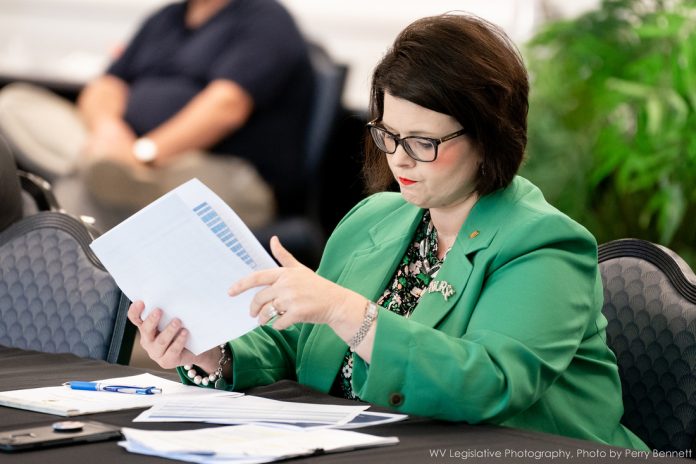The Joint Committee on Health met this morning and heard a presentation on substance use disorder.
Dr. Stephen Loyd from Tennessee stated that addiction is about genetics, trauma, and opportunity. It is not a moral failing, but a disease that affects the frontal lobe, which controls impulse and empathy. Addiction is complex, but it is treatable.
Recovery requires an ecosystem for success. In the system, referral sources identify individuals suffering from SUD. Those referral sources include the criminal justice system, treatment providers, counselors, community support groups, and even the individual themselves. Treatment needed for individuals with SUD is employment support, life skills development, health checks (mental and physical), education support, peer support, stable support, and case management. With these treatments and support, positive outcomes with employment, transportation, housing, and social support.
In order to achieve these goals, we must focus on harm reduction including access to naloxone, syringe exchange programs, and voluntary reversible long-action contraception. There should be increased access to medications for opioid use disorder such as suboxone, naltrexone, and methadone. Although it is controversial, Dr. Loyd said it is necessary specifically to treat fentanyl use. Additional support is needed during pregnancy and postpartum with expanded services for neonatal withdrawal syndrome. Treatment should be provided in prisons and jails with handoff programs and recovery services for post-incarceration, especially housing.
Prevention strategies need to be in place to prevent the next generation from continuing with substance use. Data collection and research support are needed to continue using the best practices for prevention and recovery.

